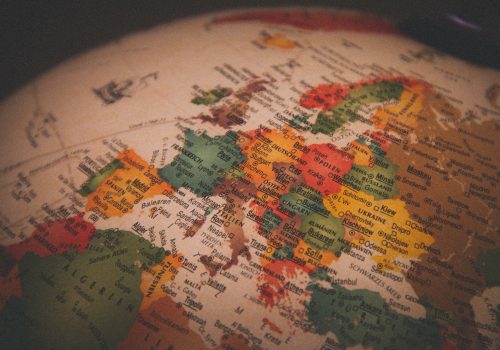India’s quest for digital sovereignty
Similar to Europe’s “Third Way Approach,” and in order to navigate between the US and the Chinese models, India is also trying to develop a concept of digital sovereignty, all the while mitigating negative externalities of great power competition. While some argued that the time is right to take sides in the geopolitical contest, many Indian experts dislike the idea that investment decisions are going to be binary choices in the future. Skepticism towards the PRC, however, is rising: while Chinese money was welcomed until recently, there are growing security concerns in light of increased Indo-Chinese tensions, as well as worry over too much influence from India’s biggest neighbor. Chinese companies already have a large say in India’s digital space, and the balance between security and economic interests has yet to be struck—a similar situation to other places in the world.
Another thought-provoking concept brought forward by participants at the India roundtable, was the suggestion to alter international law and adjust respective jurisdictions for private data ownership. Similar to the EU’s GDPR, Indian participants spoke about the desirability of the universal individual right to privacy being upheld, with secondary data ownership still allowed—irrespective of the data’s geographical location and a country’s sovereignty and jurisdiction. It would guarantee that consumers have primary ownership of their personal information, while acknowledging the respective government’s secondary ownership.
The full text of this report is split across a collection of articles to give readers the opportunity to browse in any order. To return to the main page click here.

The GeoTech Center champions positive paths forward that societies can pursue to ensure new technologies and data empower people, prosperity, and peace.







